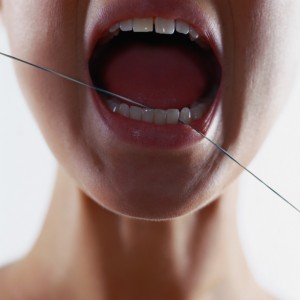 You’ve probably heard throughout your life that flossing is important, but do you understand why? In today’s post, we’d like to look at how flossing can help and what can happen if you don’t floss on a regular basis.
You’ve probably heard throughout your life that flossing is important, but do you understand why? In today’s post, we’d like to look at how flossing can help and what can happen if you don’t floss on a regular basis.
First, why should you floss?
Flossing is important because of how it can help your oral health. When food is allowed to build up around teeth, the amount of harmful bacteria in the mouth will go up as well. Those harmful bacteria increase one’s vulnerability to decay and gum disease. If left untreated, they can lead to serious oral health problems, including advanced gum disease and tooth loss.
Serious oral health problems are most commonly treated with fillings, dental crowns, root canal therapy, and gum disease therapy. Failure to floss on a regular basis may lead to you needing one or more of these services to help you reclaim good oral health.
So, how can flossing help?
Flossing will help you support your oral health by getting leftover pieces of food away from teeth. As a result, one’s chance of developing cavities or gum disease is significantly lower.
At Westside Dental Associates, we recommend that patients floss at least once a day to keep teeth at their cleanest. Floss is inexpensive and comes in a wide variety of types: waxed, unwaxed, and flavored. Patients should also brush at least twice a day, if not three times.
Do you have questions about flossing, or do you want to schedule an appointment? Call Dr. Latner’s Los Angeles dental office. We offer care to patients from Los Angeles, Santa Monica, Beverly Hills, West LA, Mar Vista, and surrounding areas.


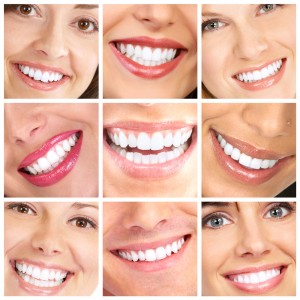 Do you want a whiter, straighter-looking smile before the holiday season arrives?
Do you want a whiter, straighter-looking smile before the holiday season arrives? 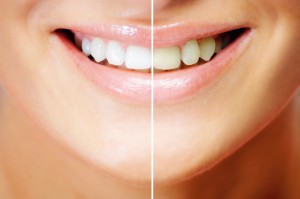 Few people have a naturally bright smile. That’s because so many things we run into on a daily basis can cause stains—things like coffee, tea, red wine, juice, and soda, for instance. Tobacco use also contributes, as does aging. All of which explains why
Few people have a naturally bright smile. That’s because so many things we run into on a daily basis can cause stains—things like coffee, tea, red wine, juice, and soda, for instance. Tobacco use also contributes, as does aging. All of which explains why 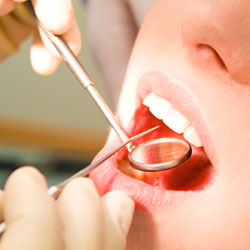 If you had a checkup with
If you had a checkup with 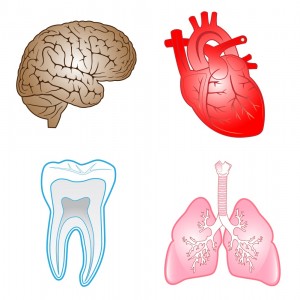 We’ve said it before—gum disease doesn’t just affect your oral health, it has an impact on your overall wellbeing. That even goes for patients with diabetes.
We’ve said it before—gum disease doesn’t just affect your oral health, it has an impact on your overall wellbeing. That even goes for patients with diabetes. You’ve heard all your life that keeping your teeth healthy means avoiding sugary foods and brushing twice a day. But in fact, when it comes to cavities, there are other risk factors besides sugary foods and not brushing that you should be aware of. In today’s post, we’d like to go over some of those. We hope you find them informative, and if you have any questions about what you see, don’t hesitate to give our Los Angeles dental office a call.
You’ve heard all your life that keeping your teeth healthy means avoiding sugary foods and brushing twice a day. But in fact, when it comes to cavities, there are other risk factors besides sugary foods and not brushing that you should be aware of. In today’s post, we’d like to go over some of those. We hope you find them informative, and if you have any questions about what you see, don’t hesitate to give our Los Angeles dental office a call.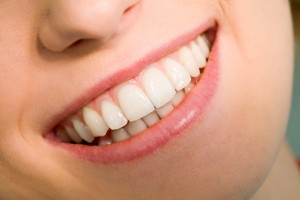 As we indicated in
As we indicated in  You already know how important brushing, flossing, and regular checkups are for a healthy smile, but what about your diet? While foods high in sugar can have a negative effect on oral health, there are other foods that are more beneficial. Some of those include:
You already know how important brushing, flossing, and regular checkups are for a healthy smile, but what about your diet? While foods high in sugar can have a negative effect on oral health, there are other foods that are more beneficial. Some of those include: It’s not uncommon for patients of
It’s not uncommon for patients of 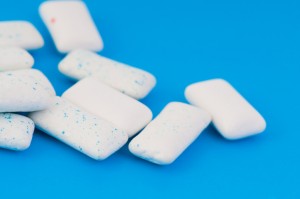 Dentists are always encouraging their patients to avoid sweets and eat healthy foods, but there’s one sweetener that’s actually good for your smile—xylitol.
Dentists are always encouraging their patients to avoid sweets and eat healthy foods, but there’s one sweetener that’s actually good for your smile—xylitol.